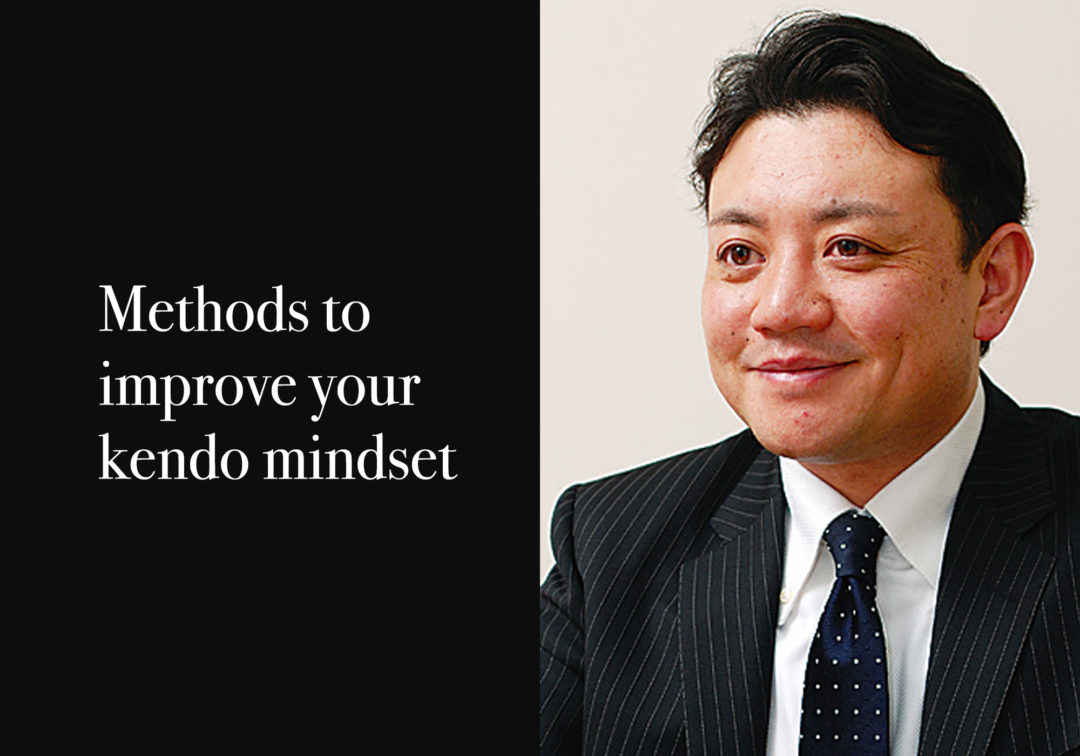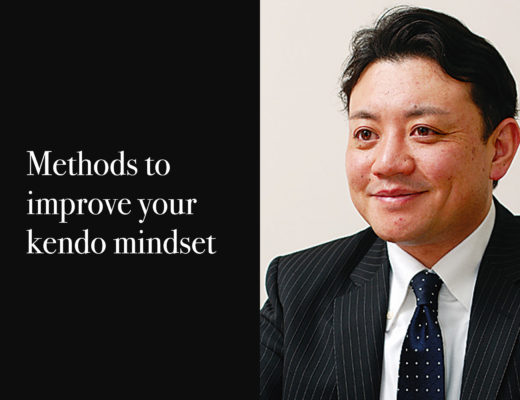What I was aiming for in this writing was not just to show the knowledge and topic of difficult psychological research, but also to point out what different generations of swordsmen and athletes have been feeling, thinking and doing in their daily lives while being as specific and as easy-to-understand as possible based on psychological theory and methodology. Each article is based on developing a story that links a psychological theme with kendo and everyday situations. Even if you end up keeping in mind only one of these phrases, it will be a great pleasure for me as an author if that becomes the foundation of your kendo tomorrow.
Yano Hiromitsu
Born in Yuzawa City, Akita Prefecture in 1968. Graduated from Tokai University’s Faculty of Physical Education in kendo followed by the Tokai University Graduate School of Physical Education (Sports Psychology). Graduated from Nagoya University Graduate School of Education and Development Science (Psychology). Ph.D.(Psychology). Currently a professor at the Kochi University Department of Education. As a sports psychology specialist, he worked on support for various competitions and at the same time directed the Kendo Club at Kochi university. He is also active internationally, including the position of Swedish National Kendo Team Director (2006). He has consistently developed research activities focusing on the connection between mind and body. Participated in the All Japan East-West Kendo Tournament receiving the Excellent Match Award. Kendo 7th Dan Kyoshi.
This is how top Kenshi use 100% of their power
A while ago, I had the opportunity to research and analyze the psychological ability to compete and mental condition of 13 top Kenshi who were alternate players for the national team (N-group). In this research, I compared the strength and special features of the N-group’s psyche to that of a group of university students (U-group.)
A couple of conclusions were drawn from this research. First, the N-group experienced unique forms of worry and a degree of nervousness that were not very different from the U-group’s experiences (Yano, 1992). This signifies that even Japan’s top Kenshi feel very nervous before Shiai.
However, further analysis clarified that although the N-group and U-group experienced similar degrees of nervousness, they dealt with it very differently. The N-group had individual, realized ways of coping with a high-stress situation like Shiai. As a result, their mental condition did not worsen dramatically as a result of nerves or anxiety.
The rest of this article is only available for Kendo Jidai International subscribers!



